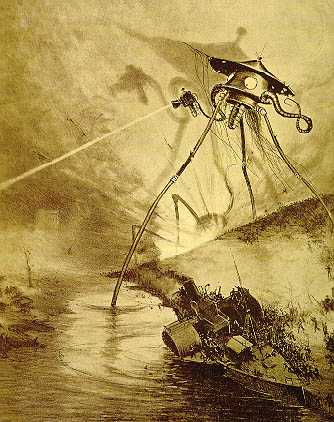
From astrophysicist Ethan Siegel:
No amount of fancy probabilistic analysis can justify treating guesswork and wishful thinking as having any sort of scientific weight. Applying scientific techniques to an inherently unscientific endeavor, such as inventing estimates to unknowns about the Universe, doesn’t make it any more scientific. The opposite of knowledge isn’t ignorance; it’s the illusion of knowledge.
It’s still possible that life, and even intelligent life, is ubiquitous in our galaxy and the Universe. It’s also possible that one is common and one is uncommon, or that both are extraordinarily rare. Until we have more information, don’t be fooled by the headlines: these aren’t brilliant estimates or groundbreaking work. It’s guessing, in the absence of any good evidence. That’s no way to do science. In fact, until we have better evidence, it’s not science at all. More.

All true. But that said, we have found complex organic molecules on Saturn’s moon Enceladus, which should provide a basis for genuine research. From a minimalist perspective, what if we encounter a number of instances where the setting seems to be right but life or intelligent life is markedly absent? In certain situations, persistently not finding something can be a source of information.
See also: Are we doing theoretical physics all wrong? (Ethan Siegel)
Complex organic molecules found on Saturn’s moon Enceladus. At this point, it will be just as interesting if Enceladus has “all of the basic requirements for life as we know it” but does not have life. That would cast doubt on the thesis that life naturally evolves when the conditions are right. Of course, we will need quite a few examples to be sure.
Could Earth germs be contaminating other planets Life on other planets? Yes, for sure, if Earth’s microbes get there with our help
Looking for life in all the hard places – a guidebook Researcher: “We are using Earth to guide our search for life on other planets because it is the only known example we have,” said Timothy Lyons, a distinguished professor of biogeochemistry and director of the Alternative Earths Astrobiology Center.
and
Could alien life be buried in ET oceans?